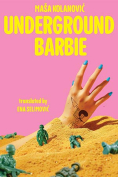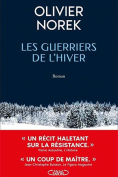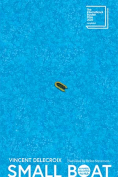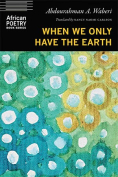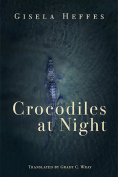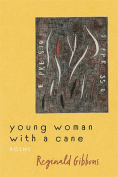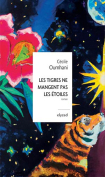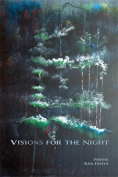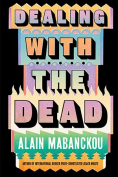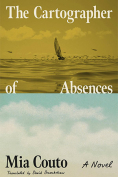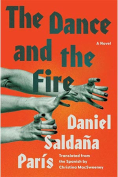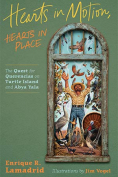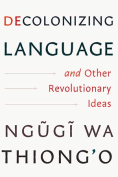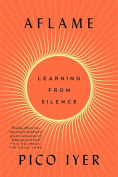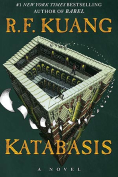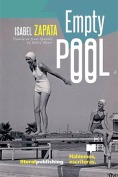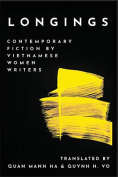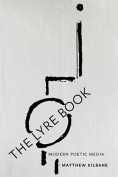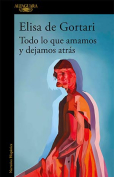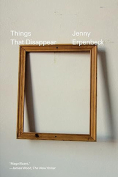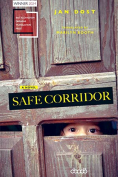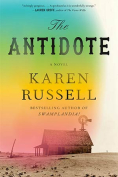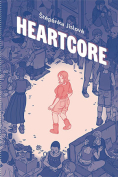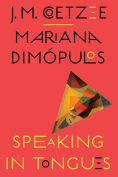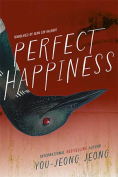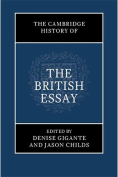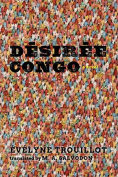Katabasis: A Novel by R. F. Kuang
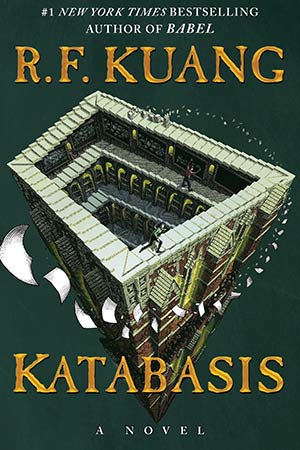
New York. Harper Voyager. 2025. 560 pages.
When Alice Law snaps a piece of chalk in two and files her admission form to hell, you know R. F. Kuang is at it again. Katabasis is not a sequel to Babel, though it reads like its shadow stretching into the underworld. The plot is deceptively simple: Alice, a Cambridge graduate student, accidentally kills her supervisor, Grimes, sending her soul to hell. To escape, she must team up with her nemesis Peter Murdoch and fight her way through a crumbling “academic inferno”—each level a grotesque parody of theses, defenses, and office politics. Chalk is the passkey, paradox the weapon, and salvation—or total ruin—awaits in the registrar’s office.
Compared with her previous works, Kuang trades the beat of epic drums for the slow sting of a dull blade. The multilingual magic and colonial violence of Babel are compressed into a dusty archive room; the thunder of The Poppy War is replaced by chalk dust hanging in the air. This time, history does not crush individuals; memory breaks the grand narrative into fragments—nonlinear flashbacks, missing lecture notes, unsent emails that slip in like footnotes to the journey. Alice and Peter are not symbols of nations but simply two graduate students gaslit into silence by their mentors. Their hell is both literal academic limbo and a metaphorical hollowing of the self.
Kuang also rewires the classics: Dante, Virgil, and Orpheus appear in a stalled elevator on the ninth floor; the circles of hell are redrawn as administrative levels; Orpheus’s backward glance becomes the deadline for a thesis. Against Naomi Novik’s Scholomance, where survival depends on slaying monsters, Kuang makes her students queue, fill forms, and wait for bureaucratic stamps. Compared with Susanna Clarke’s austere Jonathan Strange and Mr Norrell, she turns magic into logic puzzles and mathematical proofs. This is less a rewriting of myth than its filing, less a hero’s quest than a posting to the back office.
Katabasis thus stands both inside and outside the genre. It carries Kuang’s familiar obsessions—knowledge as violence, trauma, identity under siege—yet this time the grand themes are shredded into scraps, leaving characters to search for themselves in a records room. You don’t need to know The Divine Comedy to laugh at the absurdity of “three hours in line, three minutes for a stamp”; you don’t need to have written a thesis to feel the suffocation of “turning your soul over for feedback.” Hell has no preferred discipline; collapse respects no degree. This is a book for anyone who has ever been caught in a system: students, office workers, or simply readers seeking a fairy tale where love and pain are etched down to the bone.
Cold and tender at once, Katabasis may be the most hauntingly humane read of 2025.
Siyu Cao
Shanghai International Studies University

